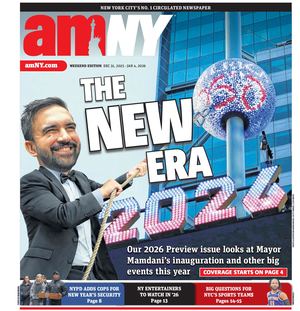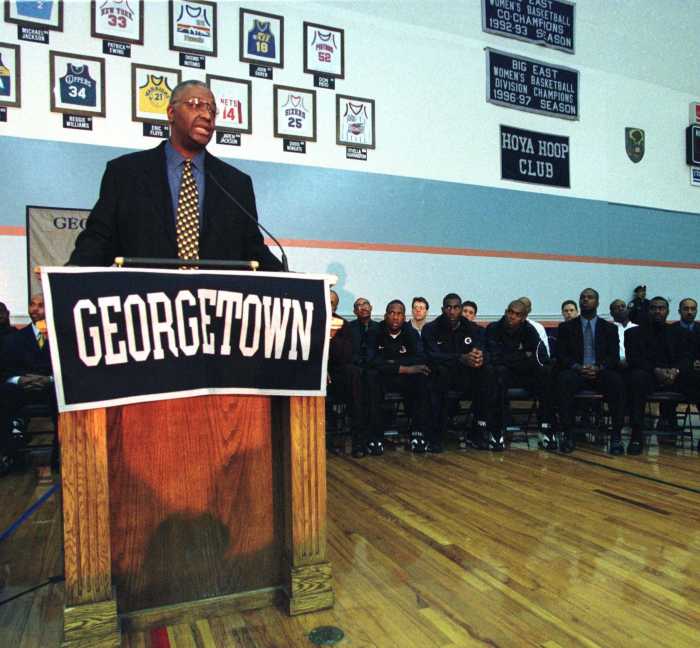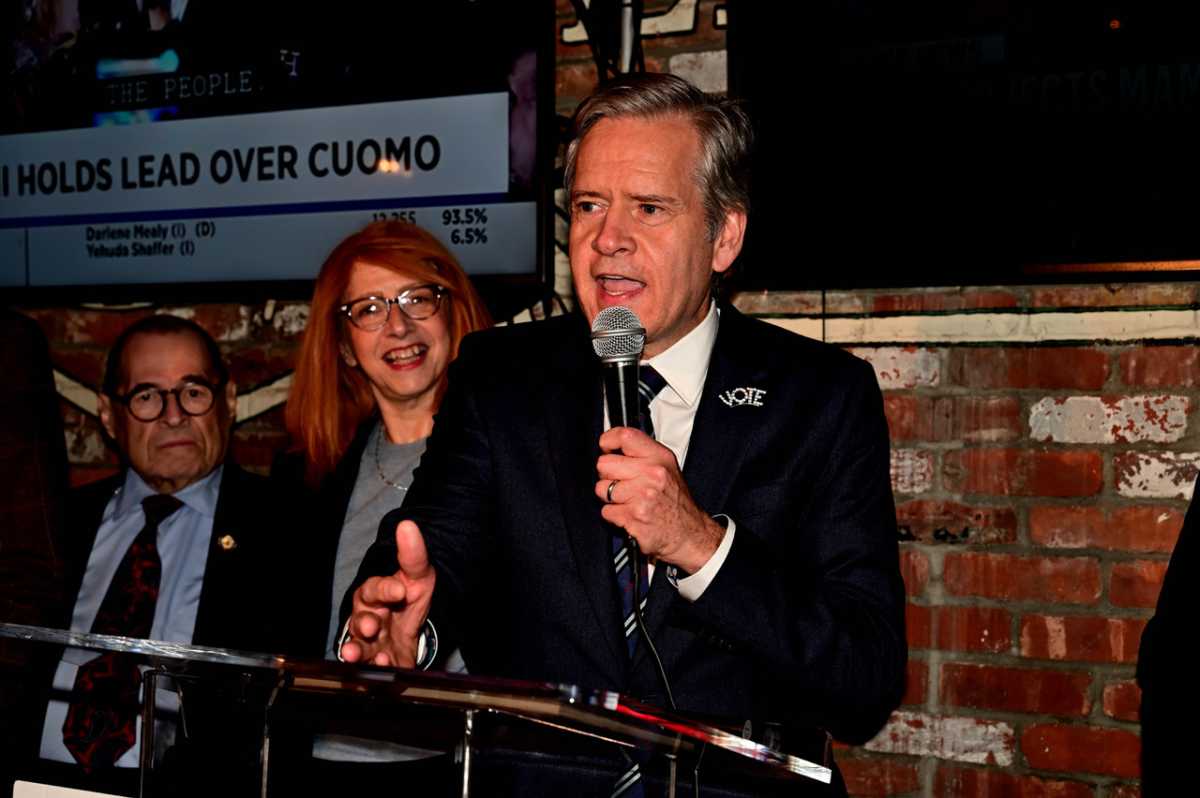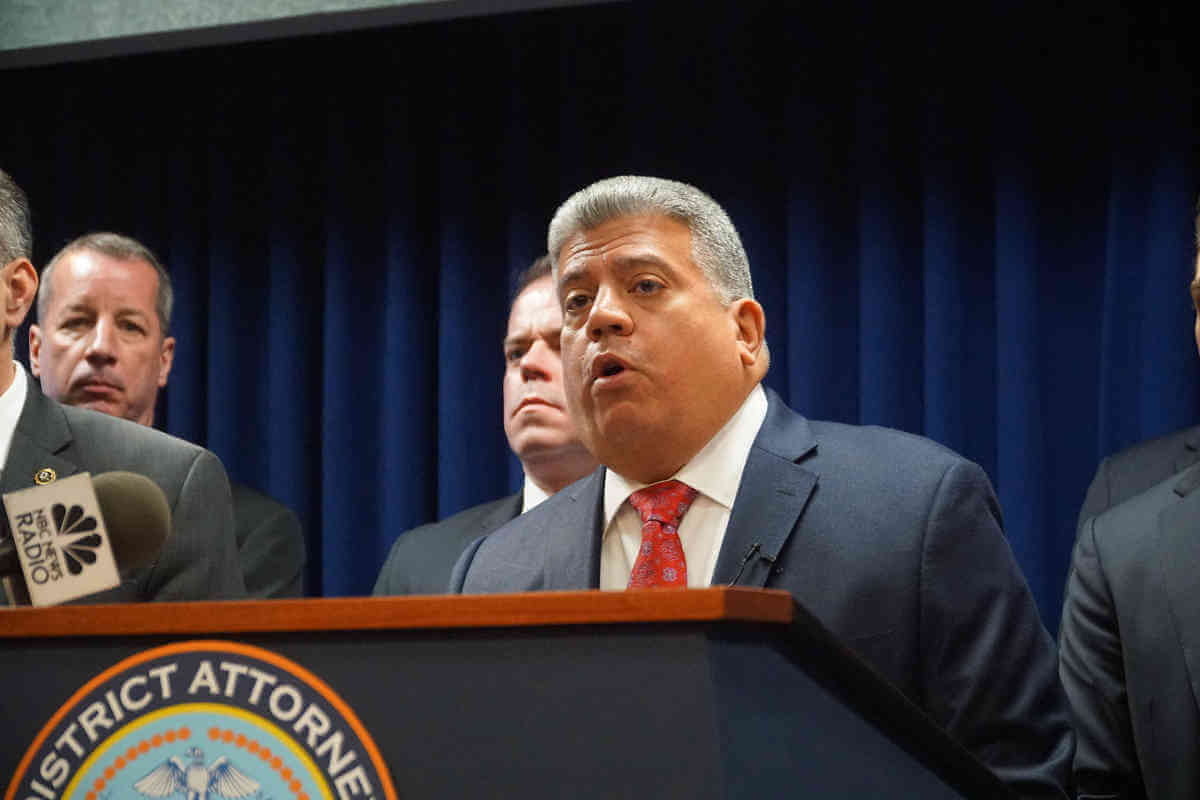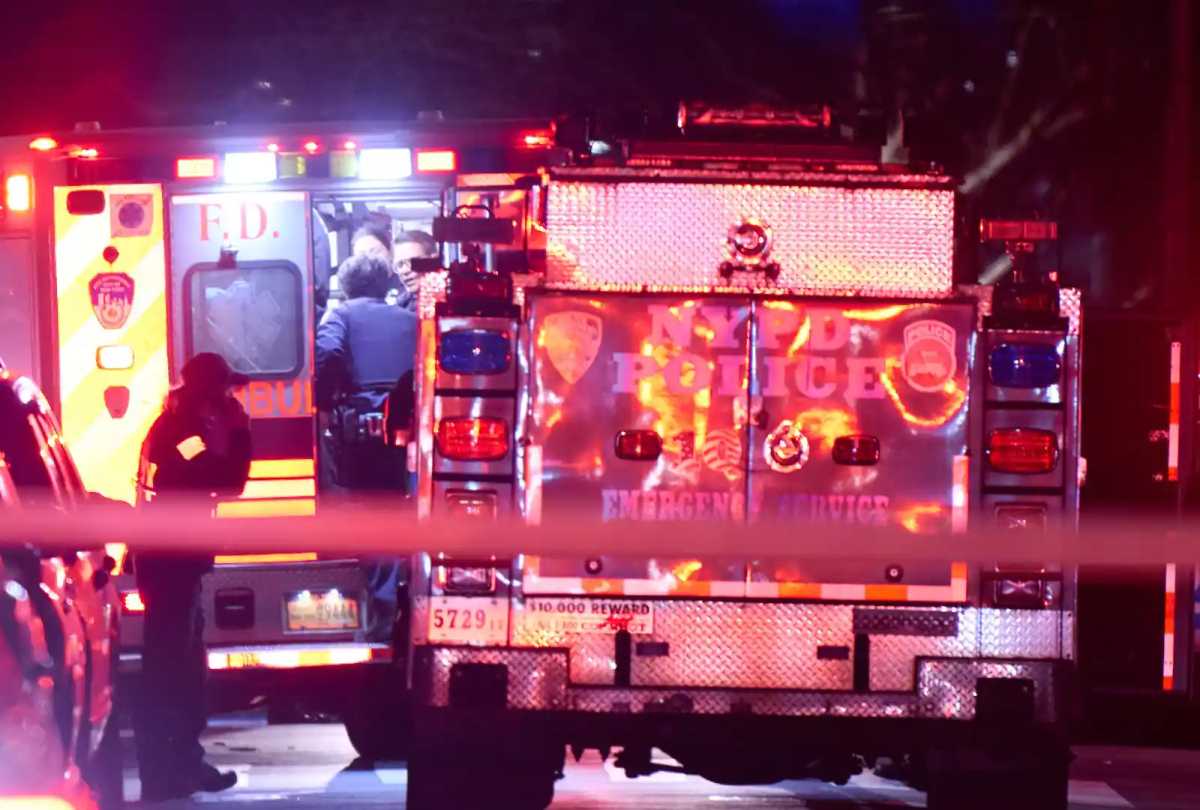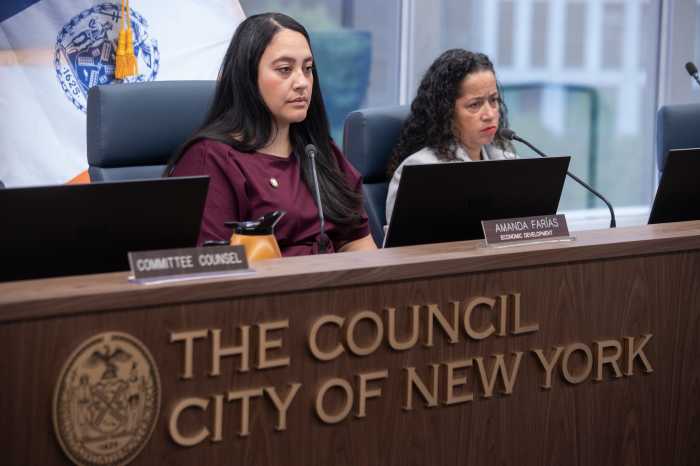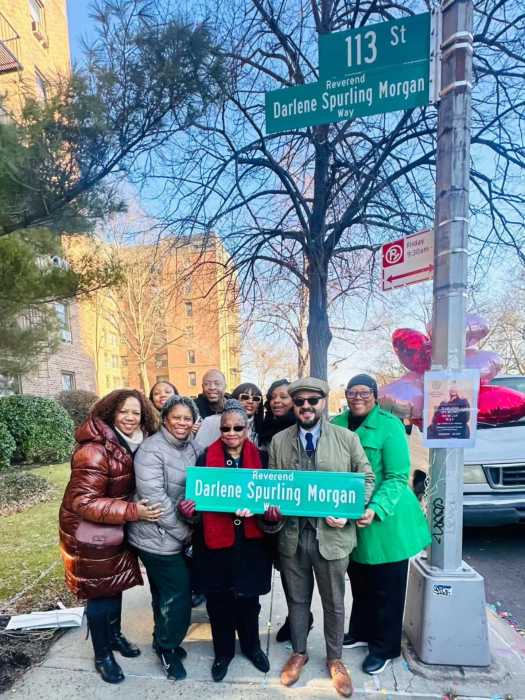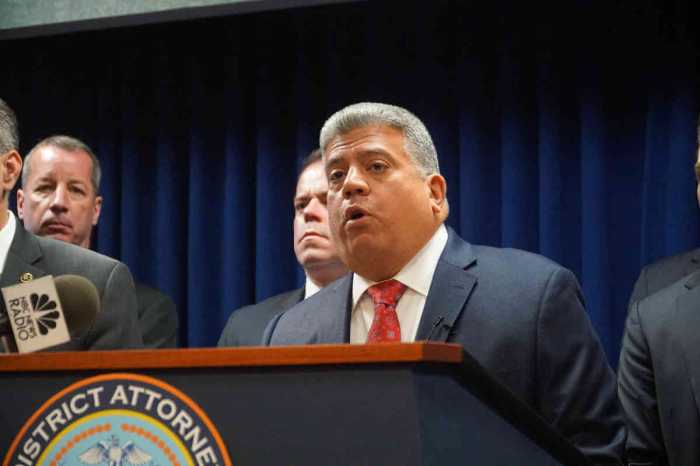Twenty million Americans, including 1.2M in New York, are headed to–or back to–college. This includes Bronx native Jaisy who is beginning her senior year. She’s determined to graduate, and we are confident she will, despite the odds that have been stacked against her.
Of the entire population of students who attend college, only 63 percent will graduate with a degree after six years. For young adults who have experienced foster care, like Jaisy, that number is a shocking three percent. We need to do more to change that stat.
Supporting young people to and through college is crucially important across the board, but even more so for youth who have experienced foster care and whose overall health and well-being outcomes pale in comparison to their peers who have not experienced foster care. For example, only half of youth who were in foster care will obtain gainful employment by age 24 and 20 percent will age out of foster care and instantly experience homelessness.
There are many reasons why the college graduation rates among youth who have experienced foster care are so abysmally low. But we believe one of the most obvious is fairly easy to solve: giving young people the financial support to deal with emergencies, at the least, and cover the full cost of college, when necessary. This makes economic sense and it’s the right thing to do.
Young people with foster care experience lack the familial support many of us take for granted: being a phone call away from some extra cash to buy books, pay a cell phone bill, or cover an Uber ride to the grocery store. Research finds that 4 of 10 students drop out for financial reasons and it’s the little expenses that account for the biggest challenges.
That was the case for Jaisy, a full-time student who was recruited to play basketball at Bryant and Stratton College’s Rochester campus. Following the unexpected death of a family member, Jaisy spent down her savings covering funeral expenses. Even though her tuition, some living expenses, and rent were covered through a combination of support through New Yorkers for Children’s (NYFC) Nick’s Scholars program and a rent subsidy through the New York City Administration for Children’s Services (ACS), she still couldn’t make ends meet.
Jaisy fell behind on utility and cell phone payments and was struggling to buy food. Because she used her phone as a hotspot for wifi service – her apartment does not have broadband service – she was concerned about being able to do her school work and keep up with studying.
NYFC Emergency Grants program stepped in to help, providing Jaisy with money to cover her phone and utility bills and some extra cash to cover other living expenses. With her finances taken care of, Jaisy can focus on school. She earned a 102 in the class she took this summer, something, she says, that would not have been possible without NYFC’s financial support.
NYFC’s most recent data shows that 83 of students receiving emergency grants graduate from college. Since college students are significantly more likely to be employed and earn, on average, twice as much as high school graduates, according to a recent report, this investment clearly has a huge return.
Jaisy is planning to put her business degree to use working for an organization that builds recreation facilities for youth, where she will continue to further her love of basketball. Her future is bright thanks to what amounts to little support. Every year hundreds of young people age out of foster care in New York City. We should ensure they all get the same opportunity to reach their potential.
We will continue to press colleagues in city government for funding that supports programs and services for kids aging out of foster care, but now is also the time for a partnership with other funders that can deepen impact with cash assistance. We hope to see it.
City Council Member Diana Ayala represents upper Manhattan and the Bronx; Saroya Friedman Gonzalez is executive director of New Yorkers for Children.
